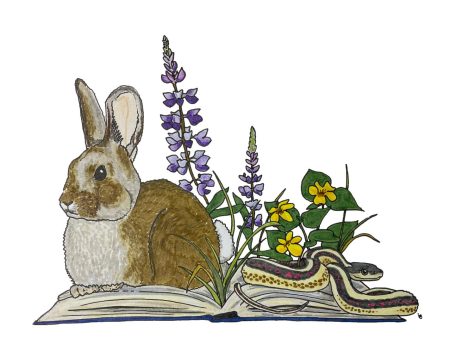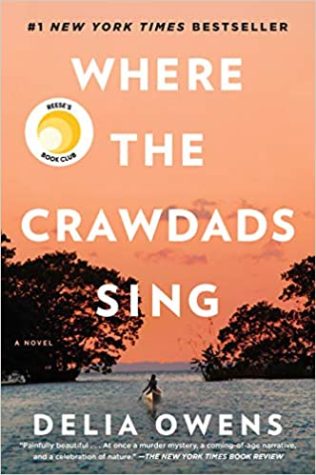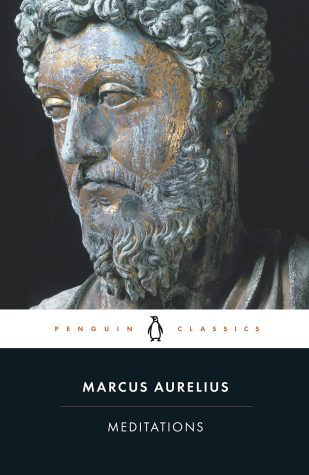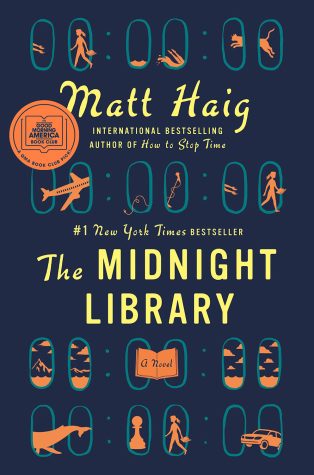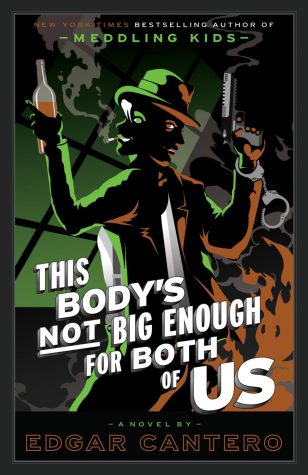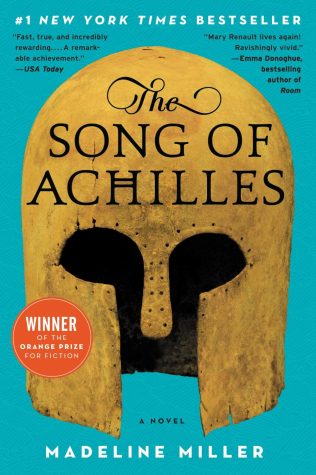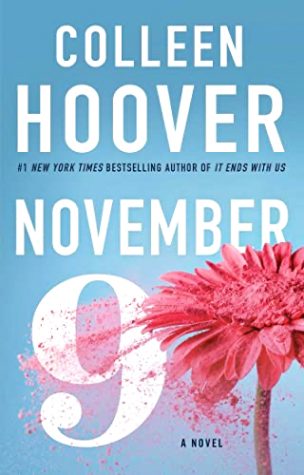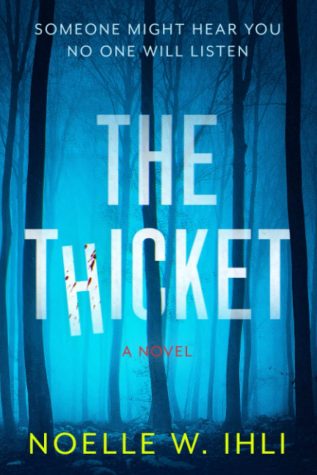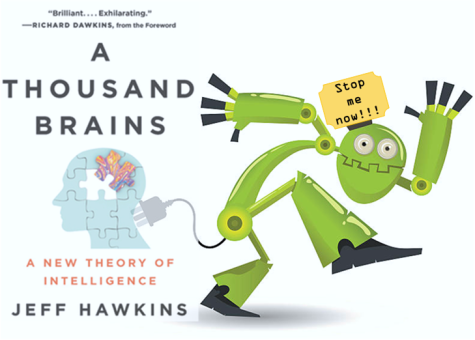Book Review: ‘Colony of the Lost’ provokes thought on human nature, society
Derik Cavignano’s novel mixes horror with societal commentary
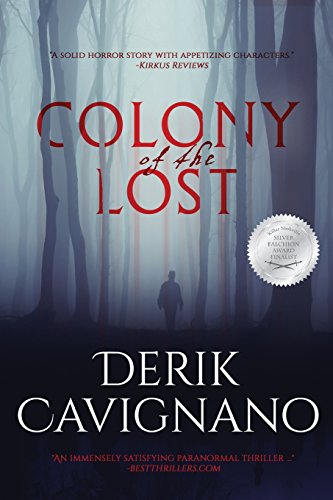
COURTESY OF CREATESPACE INDEPENDENT PUBLISHING
Even with some lackluster characters, “Colony of the Lost” has a plot that is entertaining and thoughtful enough to stay engaging.
February 8, 2022
“Colony of the Lost” by Derik Cavignano blends horror, mystery and an underlying message about how close-mindedness leads to death.
The book takes on several perspectives in a third-person narrative, but primarily focuses on three characters: Jay, an alcohol-dependent math teacher whose life is falling apart; Tim, a high school freshman who is struggling to adapt to teenage life; and Sarah, a misunderstood little girl.
Together, the three get caught up in a string of disappearances in a small town and how they are linked to the vanishing of an entire colony 300 years prior in the same area. Things start to get sinister when it is revealed that the disappearances are the work of a demon who seizes control of people’s minds.
There are many things this book does well with.
For readers who appreciate strong, vivid detail, every page will paint a picture of what is going on. It is not an easy skill for a writer to master, so it deserves to be recognized in this work.
Additionally, this story prioritizes showing over telling, which I think is a perfect way to engage readers in the work and keep them focused. Reading becomes dull when every single detail is spoon-fed to you.
However, there are places where this book could have improved.
My biggest gripe with this book is the lack of emotional connection between the reader and the characters. Oftentimes when I finish a book or a show, I will know I felt attached to the characters if I either cry or experience a bittersweet sense of closure.
The audience should not only learn about the characters in a work but should also feel like they are a part of the story; they should be experiencing the events right along with the characters.
In a story involving a lot of death — often very gruesome death — I would expect my heartstrings to be tugged on, but essentially the emotional connection just was not there. This is partly due to how “cookie-cutter” some of the characters are.
For example, Jay — the character with the most involvement in the story — lost his fiance, his job and even general credibility due to being an alcoholic.
He denies his alcoholism at first, swearing that, unlike his drunken father, he places limits on himself. Even as his life slips further and further, he refuses to admit he has a problem.
This is a character trope seen in so many books and films that it does not resonate much with the audience. It does not present anything new or unique.
However, I do not think this gripe should discourage people from reading this book. As I said, it presents the idea of how harmful being close-minded can be and sets up an interesting conversation, even if it was done unintentionally.
As a monster ravages through the entire town, most of the population refuses to believe in its existence. Unless they saw it for themselves, there was not a single character in this story who was willing to believe a supernatural entity was behind the mass disappearances and murders.
In a way, it is human nature. We like sticking to comfortable beliefs instead of confronting unsettling ones. In this case, it was easier for people to believe a serial killer was on the loose instead of a supernatural monster.
Some of the characters in this book were presented with evidence, or at least reasonable suspicion, of this monster’s existence. However, the characters were heavily set on their denial, which later caused them to pay the price of death.
I would like to think this book provokes the reader into putting themselves into the plot. If a monster were to ever invade Pullman and cause the deaths and disappearances of over a dozen individuals, how would we react? Would we be willing to accept there is a monster afoot, or would we live in ignorance?
Overall, “Colony of the Lost” is a worthwhile read for those who are interested in horror and everything in the grotesque realm. Setting aside my lack of connections with the characters, the story was still enough to keep me engaged and intrigued.





